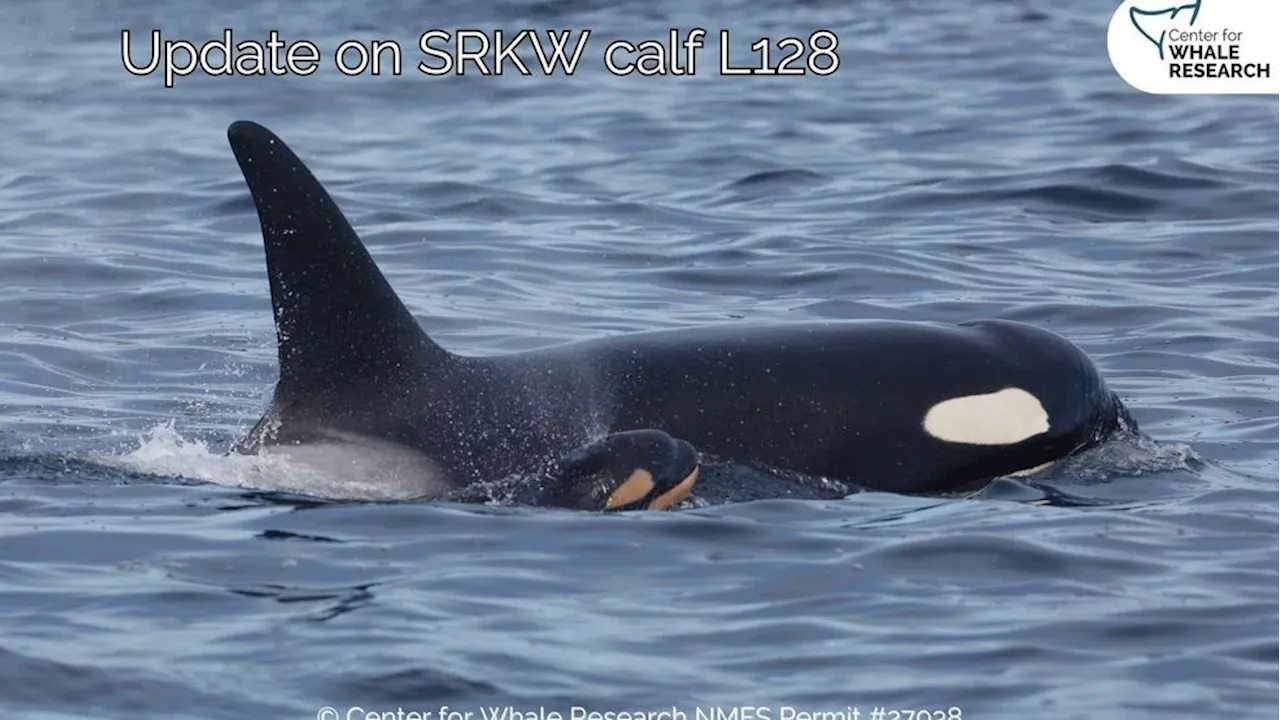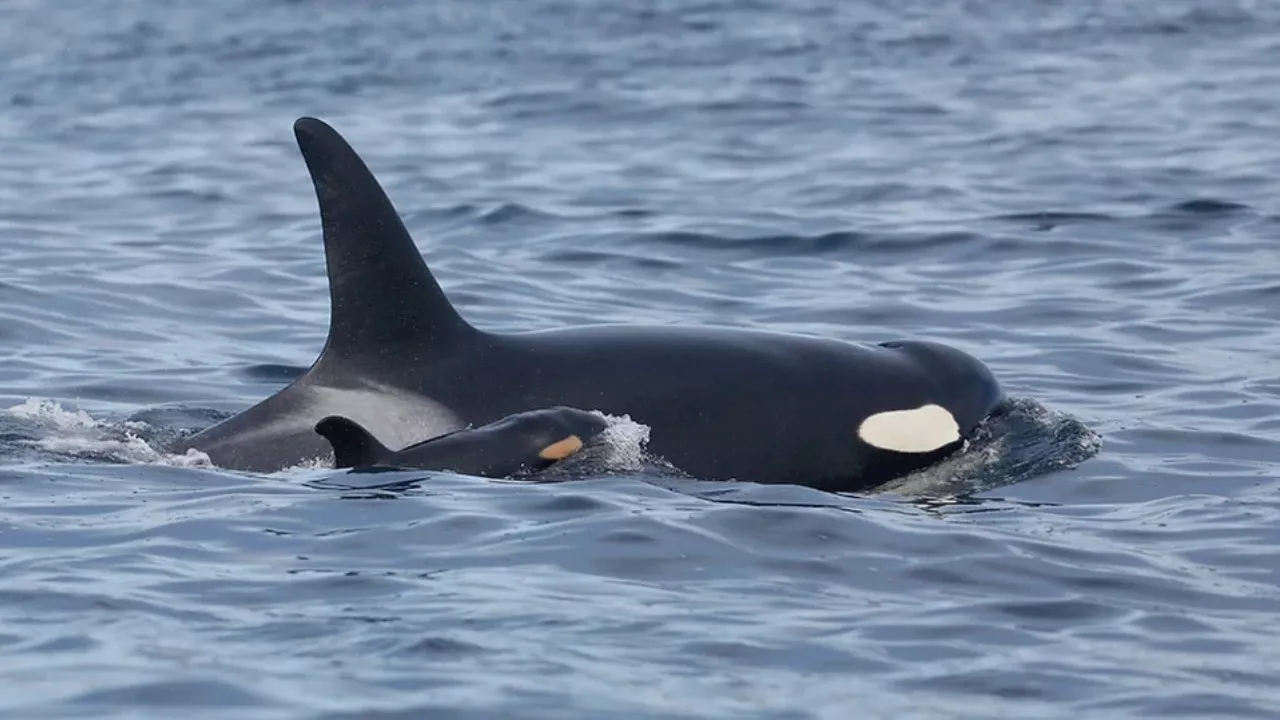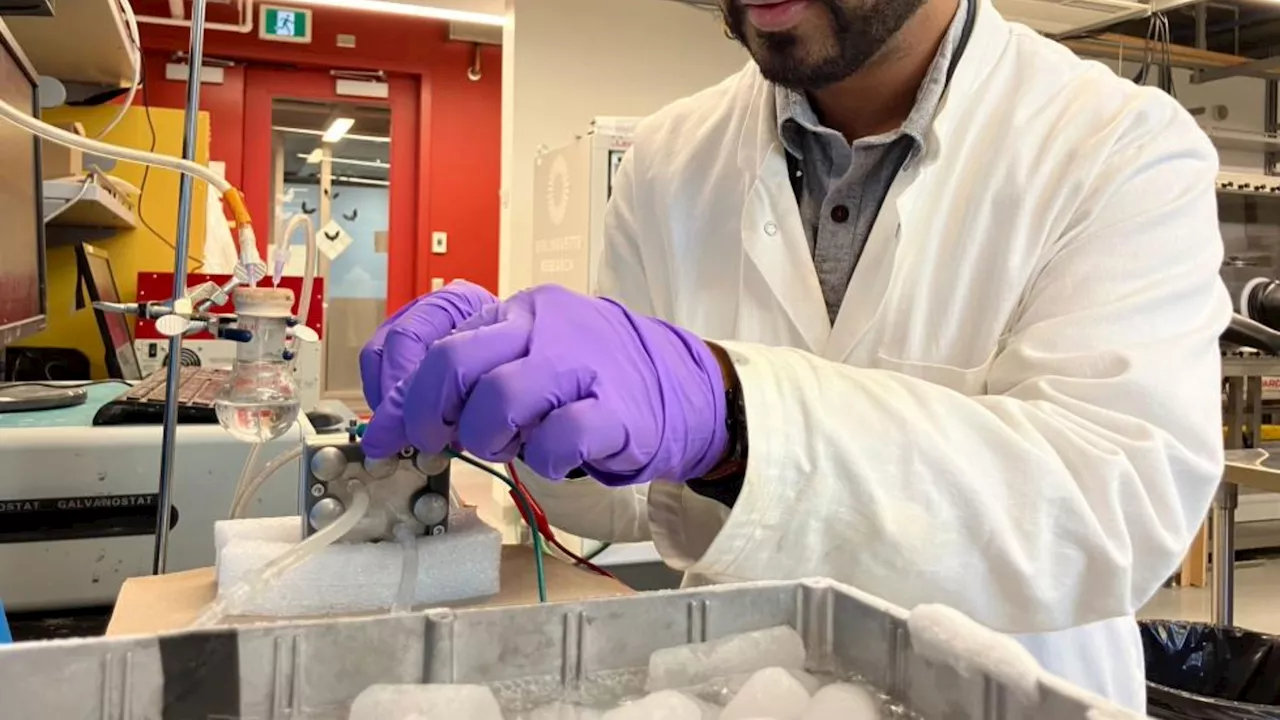Researchers at the University of British Columbia (UBC) propose using thermoelectric generators to harness energy from temperature differences, even in the harsh Martian environment.
A new study has proposed that easily available tech may help humans sustain themselves on the distant world, Mars .
“The environment on Mars really got me interested in the long-term potential of this technology combination,” said Abhishek Soni, a postdoctoral research fellow at UBC and first author. When the temperature difference between the two sides of the thermoelectric generator reached at least 40 degrees Celsius, it could generate enough electricity to power an electrolyzer. Carbon monoxide plays a vital role in the industrial production of various compounds, such as medicinal applications, aromatic compounds used in fragrances, and fuels for transportation and energy generation. . Here on Earth, this technology could be integrated into geothermal plants.
These biodomes would need to be heated to a suitable temperature, such as room temperature, to ensure the survival of the inhabitants.
Energy &Amp Environment Fuel Inventions And Machines Mars Sustainability
United States Latest News, United States Headlines
Similar News:You can also read news stories similar to this one that we have collected from other news sources.
 Life on Mars May be Trapped Under Ice, NASA Researchers SuggestScience and Technology News and Videos
Life on Mars May be Trapped Under Ice, NASA Researchers SuggestScience and Technology News and Videos
Read more »
 Researchers discover new insights into bacterial photosynthesisResearchers have discovered new understanding of bacterial photosynthesis. Using cutting-edge techniques, investigators have unveiled intricate detailed images of the key photosynthetic protein complexes of purple bacteria. These images shed new light on how these microorganisms harness solar energy.
Researchers discover new insights into bacterial photosynthesisResearchers have discovered new understanding of bacterial photosynthesis. Using cutting-edge techniques, investigators have unveiled intricate detailed images of the key photosynthetic protein complexes of purple bacteria. These images shed new light on how these microorganisms harness solar energy.
Read more »
 US researchers’ new tool to optimize ocean-based hydrokinetic energy projectsResearchers at NC State developed a tool to enhance marine hydrokinetic energy projects, aiding in technology and risk assessment.
US researchers’ new tool to optimize ocean-based hydrokinetic energy projectsResearchers at NC State developed a tool to enhance marine hydrokinetic energy projects, aiding in technology and risk assessment.
Read more »
 Researchers concerned after new orca calf observed skinny and struggling to breatheResearchers are concerned about the new orca whale calf born last month, describing it as 'emaciated.'
Researchers concerned after new orca calf observed skinny and struggling to breatheResearchers are concerned about the new orca whale calf born last month, describing it as 'emaciated.'
Read more »
 Poor health of new Southern Resident orca calf concerns WA researchersA new Southern Resident orca calf was last seen looking unwell. Researchers mull over the implications of L128's fate.
Poor health of new Southern Resident orca calf concerns WA researchersA new Southern Resident orca calf was last seen looking unwell. Researchers mull over the implications of L128's fate.
Read more »
 Researchers develop new technique to measure previously undetected airborne PFASFor decades, scientists knew there was a huge swath of undetected and unaccounted for per- and polyfluoroalkyl substances (PFAS) in the atmosphere, often referred to as PFAS dark matter, but no one knew how much was missing or how to measure them.
Researchers develop new technique to measure previously undetected airborne PFASFor decades, scientists knew there was a huge swath of undetected and unaccounted for per- and polyfluoroalkyl substances (PFAS) in the atmosphere, often referred to as PFAS dark matter, but no one knew how much was missing or how to measure them.
Read more »
